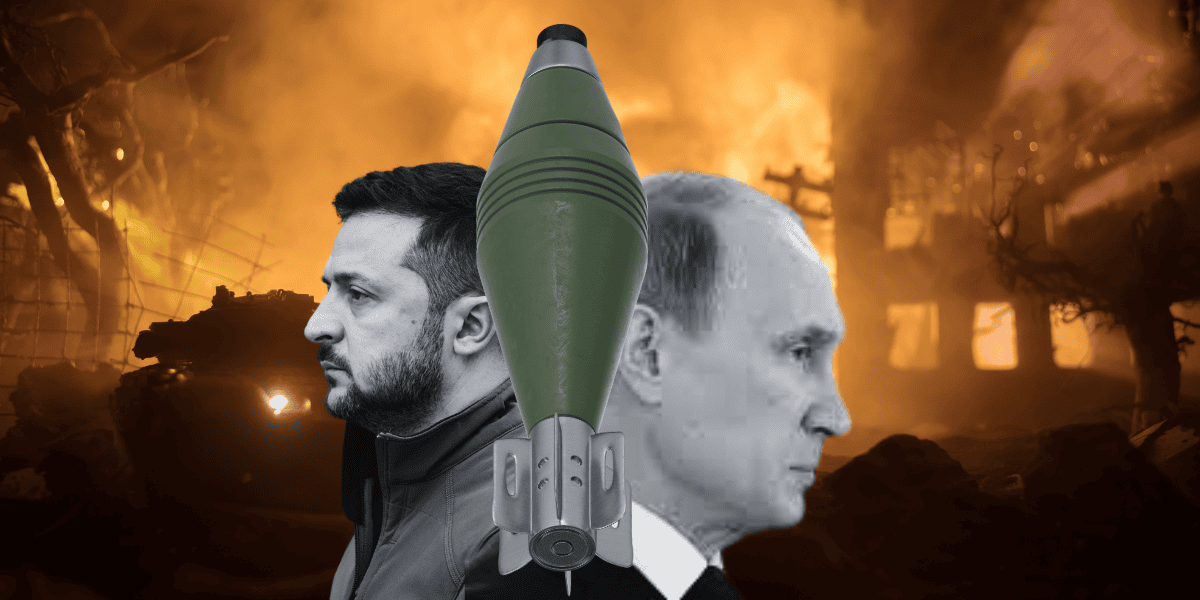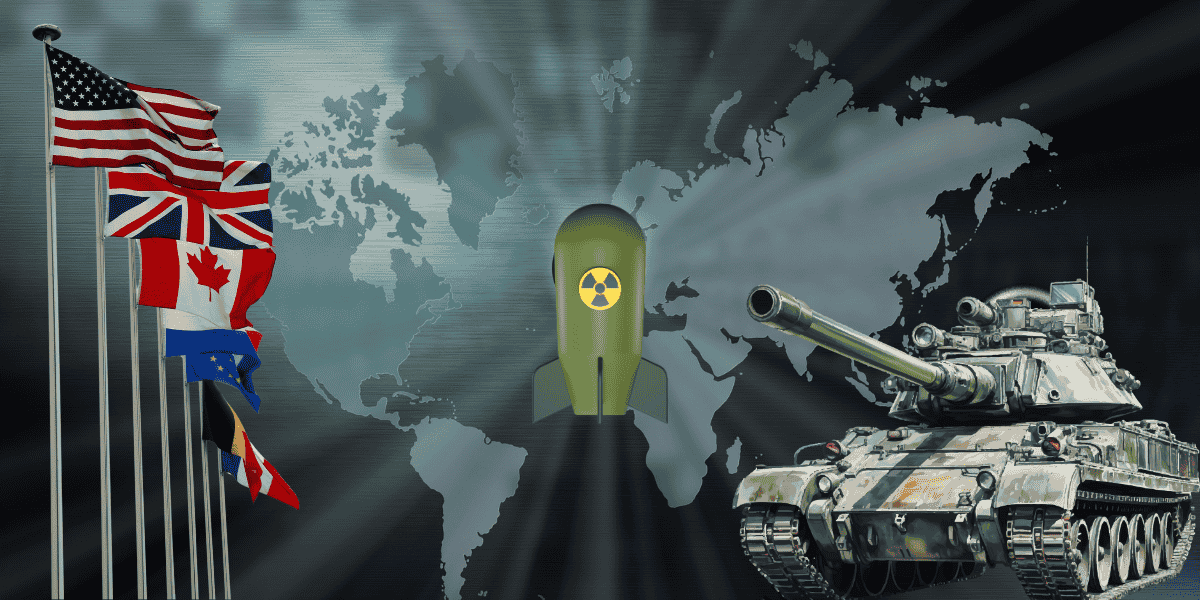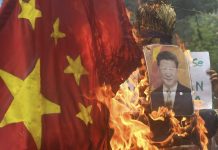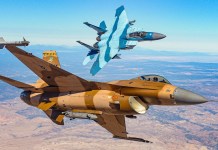Usually, at the beginning or end of a year, various organizations and experts indulge in the exercise of “global ranking” of the countries. These rankings differ from one another as the metrics of their respective rankings vary.
One such ranking has been just released on who will be “The Eight Great Powers of 2025.” Here, the criteria for determining power have been economic heft and dynamism, social and political influence, political stability, and raw military capability.
Eight Great powers so chosen are: The United States of America, the People’s Republic of China, the Russian Federation, Japan, India, France, the United Kingdom, and South Korea.
In other words, as per this ranking, the U.S. continues to be the foremost power in the world, followed by China. India is recognized now as a major global power. And so is South Korea.
Thus, of the eight Great Powers of 2025, four are Asian countries – India, China, Japan, and South Korea. If anything, this only proves that the global power is shifting from the Euro-Atlantic to the Indo-Pacific.
For nearly 500 years, the West determined the central balance of global power. In the last century, if the U.S. played a decisive role, it was as an Atlantic power. But, in this century, if the U.S. continues playing that role, it will be so as an Indo-Pacific power.
This ranking has been done for the American outlet “19FortyFive” by Dr. Robert Farley, who has taught security and diplomacy courses at the Patterson School and authored books such as “Grounded: The Case for Abolishing the United States Air Force,” “Patents for Power: Intellectual Property Law and the Diffusion of Military Technology” and most recently “Waging War with Gold: National Security and the Finance Domain Across the Ages.”
The ranking points out the strengths and weaknesses of each of the listed “great powers.” Apart from its undoubted economic and technological heft, the United States is said to have the world’s most sophisticated and expensive defense establishment. It is “the only country that can conduct expeditionary operations at a moment’s notice on every continent.”
While attaching importance to China’s “first-rate military power,” the ranking does point out its mixed to negative demographic trajectories over the past few years and “the often brutal infighting between China’s political elites, a tendency that the rise of Xi Jinping has obscured but hardly eliminated.”
It also says China’s technological gap with the U.S. is shrinking by bringing “its robust tech economy into harmony with its defense industrial base.”
While the ranking notes that since 1949, China’s greatest weakness has always been its lack of firm alliances, Beijing has taken advantage of the Russia-Ukraine War to bind Russia more tightly into its economic embrace. Besides, China’s slow, careful commercial expansion into Central Asia and Africa has been noted with regard to the increase of its strategic reach.
Despite its debilitating economy (because of the Western sanctions) and the falling demography (made worse by the loss of many young men in the war with Ukraine), Russia, according to the ranking, has many advantages.
“Russia is immensely large with a profound natural resource endowment. Its population is old and sick but large and relatively well-educated. And Russia retains vast numbers of nuclear weapons, which have allowed it to carry on its war with Ukraine without much interference from the much wealthier Atlantic powers,” it says.

Japan is fourth in the ranking because of what is said to be its undoubted economic and technological strength. The ranking takes note of Tokyo “breaking out of its post-war geostrategic slumber” by spending more on security and expanding its defense industrial base.
Fifth-ranked India, described as “a newcomer” in the list, is noted for its “healthy demographic foundation,” economic growth at “a higher rate than any country on this list,” and open political system that “has allowed it to give a home to innovative technology firms, tightly linked with the global economy and increasingly able to throw their weight around,” and strong “military relations with Britain, France, the United States, and Russia that give it access to the most modern technology.”
Of course, there are problems, the ranking says. “India remains too closely linked with Russia in defense issues, a relationship that even Indians are beginning to realize represents more of a burden than an asset. Parts of India’s economy remain sclerotic and impoverished, generating political and social unrest. Pakistan continues to exert an inordinate influence on India, distracting New Delhi from broader international influence. Finally, the soundness of India’s democratic institutions has frayed at the edges, although the country remains more democratic than Russia or China.”
France, at number six, may have many drawbacks (charged politics, weakening demography, immigrant issues), but the ranking points out that “With Brexit, France is now the driving force in the European Union… And France still has its nuclear arsenal. It still has expeditionary military capabilities. It still has intelligence gathering and synthesis capabilities apart from the United States… It still has a robust defense industrial base, with strong export relationships across the world.”
The United Kingdom has been ranked seventh on the list. The ranking says that Brexit has done great damage to British power. Its economy is said to be “disappointing.” Yet, if it is still a “great power,” that is because “the British defense industry remains robust and continues to wield more financial power through the City of London than a handful of competitors.”

“The UK retains the friendship of the United States even during times of partisan political strife and also has strong political ties with Paris. Even at this late date, the Commonwealth is an asset for London, giving the UK influence in North America and across the Indo-Pacific. Finally, the British nuclear arsenal, like France’s, puts some distance between London and its closest competitors.”
The last that is eighth in the ranking happens to be another “newcomer,” South Korea, which overtook the likes of “Saudi Arabia, Turkey, Brazil, and Germany” because of it being “a pivotal player in several areas critical to global security,” the ranking points out.
“South Korea has built an innovative, successful economy around the integration of its industries with its larger neighbors and with the United States.
“It is building a large military capable of expeditionary operations and still has a defense industrial base capable of manufacturing the basic logistical requirements (artillery shells) for conducting a major war. Unlike Japan, South Korea has positioned itself as a pivotal arms exporter, competing for markets with the United States and the Europeans.”
“Finally, South Korea is perhaps the most likely state to join the nuclear club in the not-too-distant future, although taking that step would be fraught with danger. In short, the Republic of Korea is a rising power, increasingly prominent in global security and economic affairs”.
However, Dr. Farley, the author of the ranking, notes that some countries in his list are vulnerable, and their rankings can change in the future. In this regard, he mentions, in particular, Russia, France, and the United Kingdom, which have “enjoyed great power status for as long as people have thought about great powers.”
But, he adds, “We now find ourselves in a situation where we can at least imagine the passing of some of these countries from the center stage. Policymakers in Paris, Moscow, and London will struggle to maintain relevance over the next half-century, their precious nuclear arsenals notwithstanding.”
- Author and veteran journalist Prakash Nanda is Chairman of the Editorial Board of the EurAsian Times and has been commenting on politics, foreign policy, and strategic affairs for nearly three decades. He is a former National Fellow of the Indian Council for Historical Research and a recipient of the Seoul Peace Prize Scholarship.
- VIEWS PERSONAL OF THE AUTHOR
- CONTACT: prakash.nanda (at) hotmail.com




